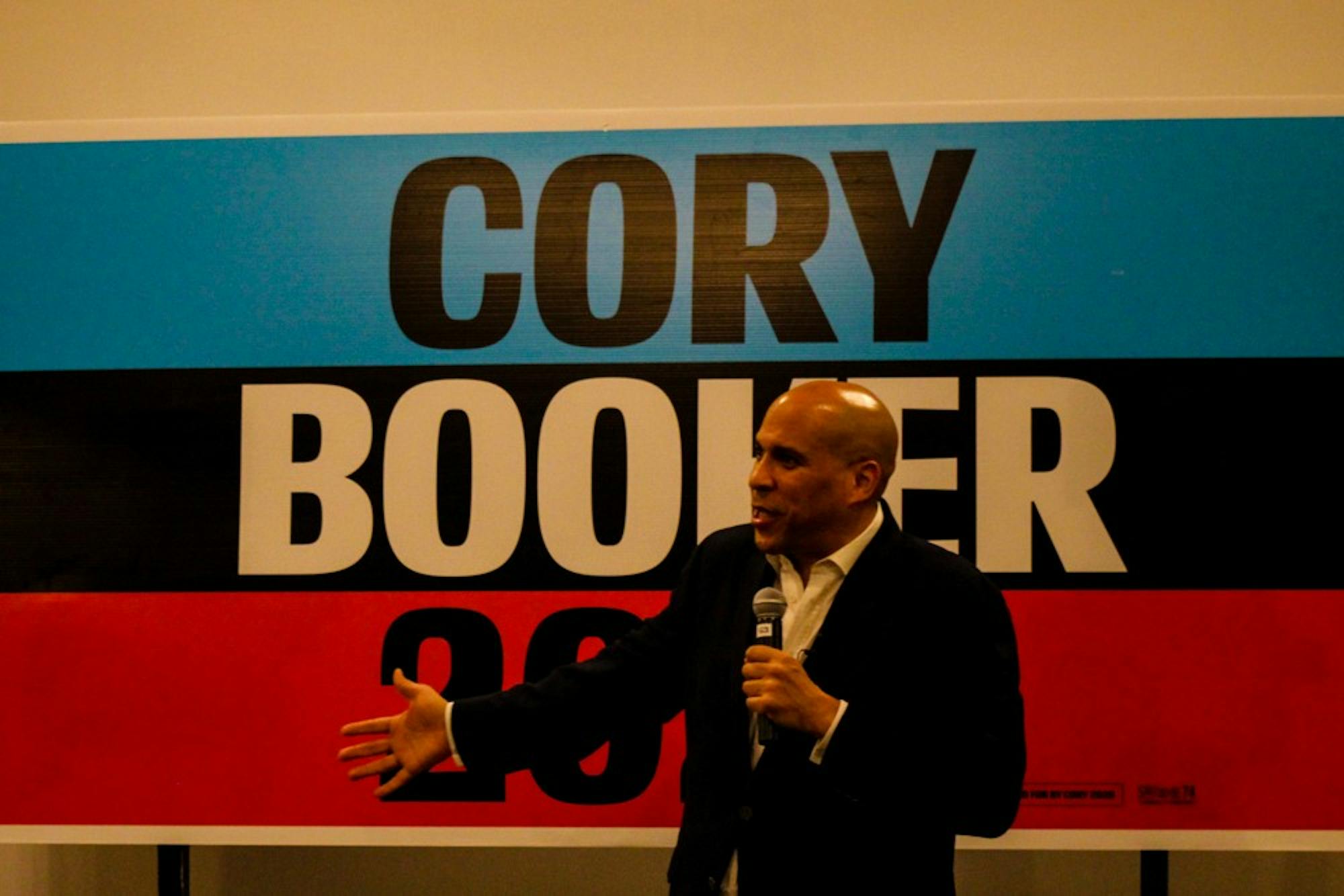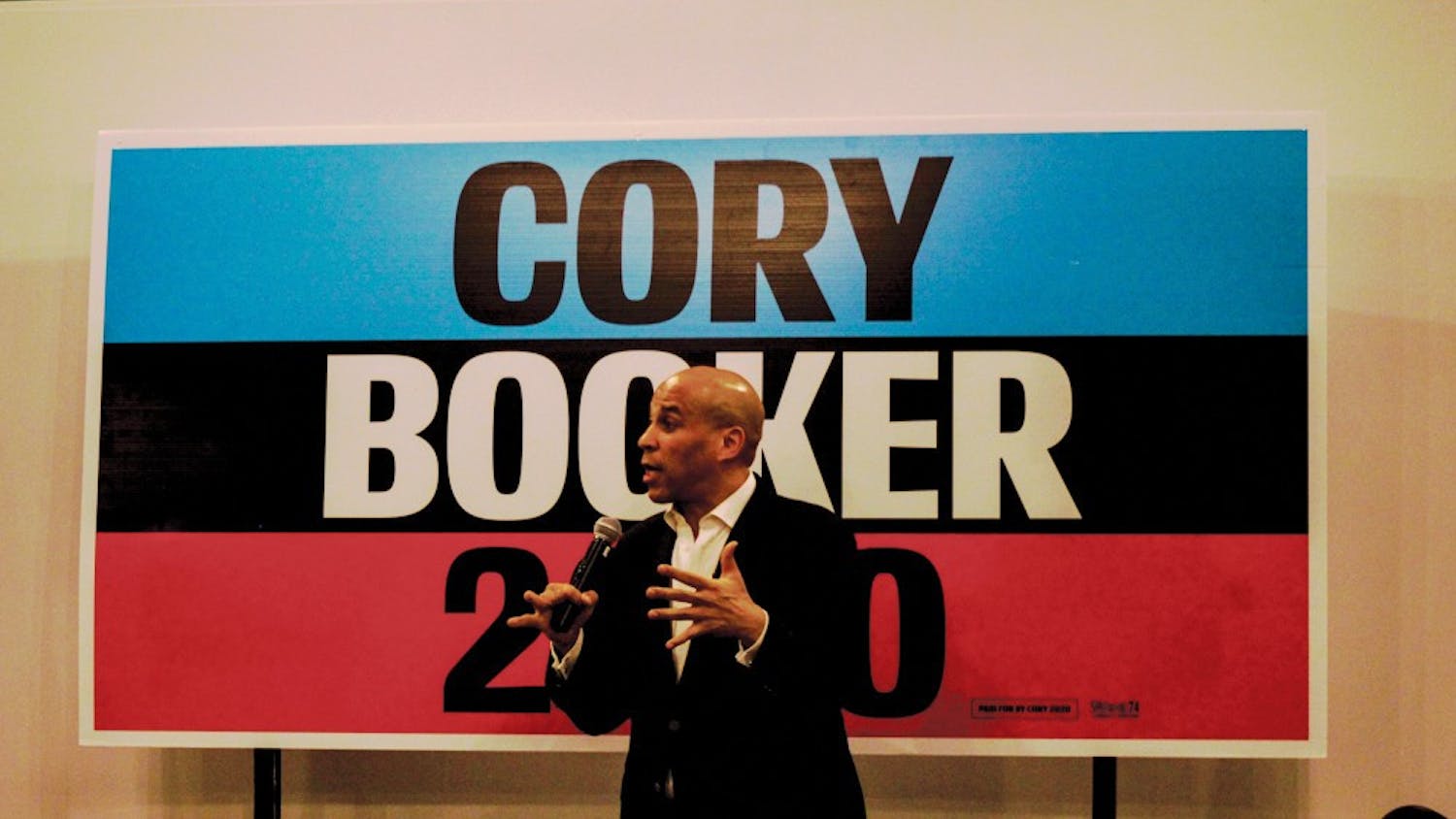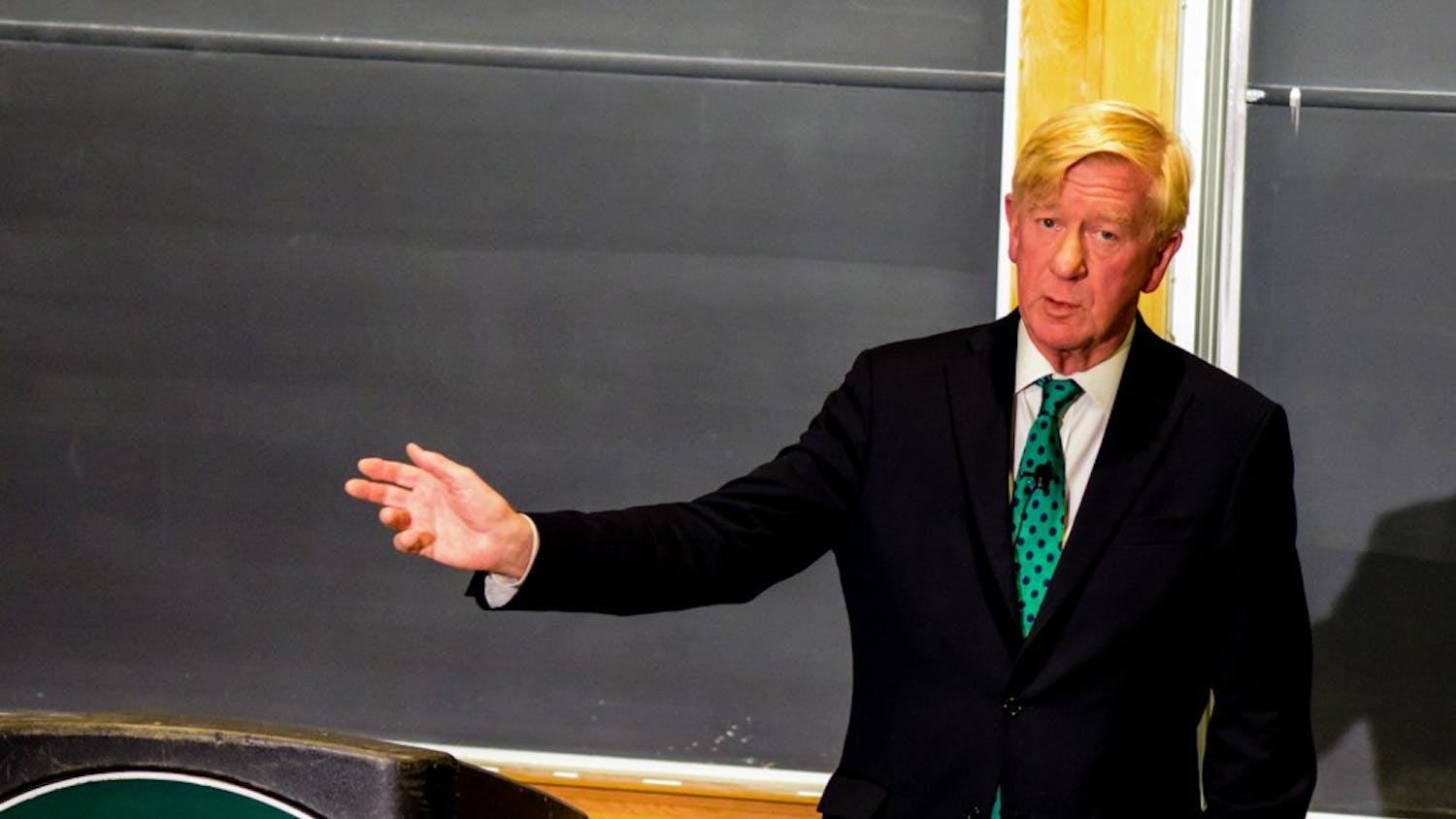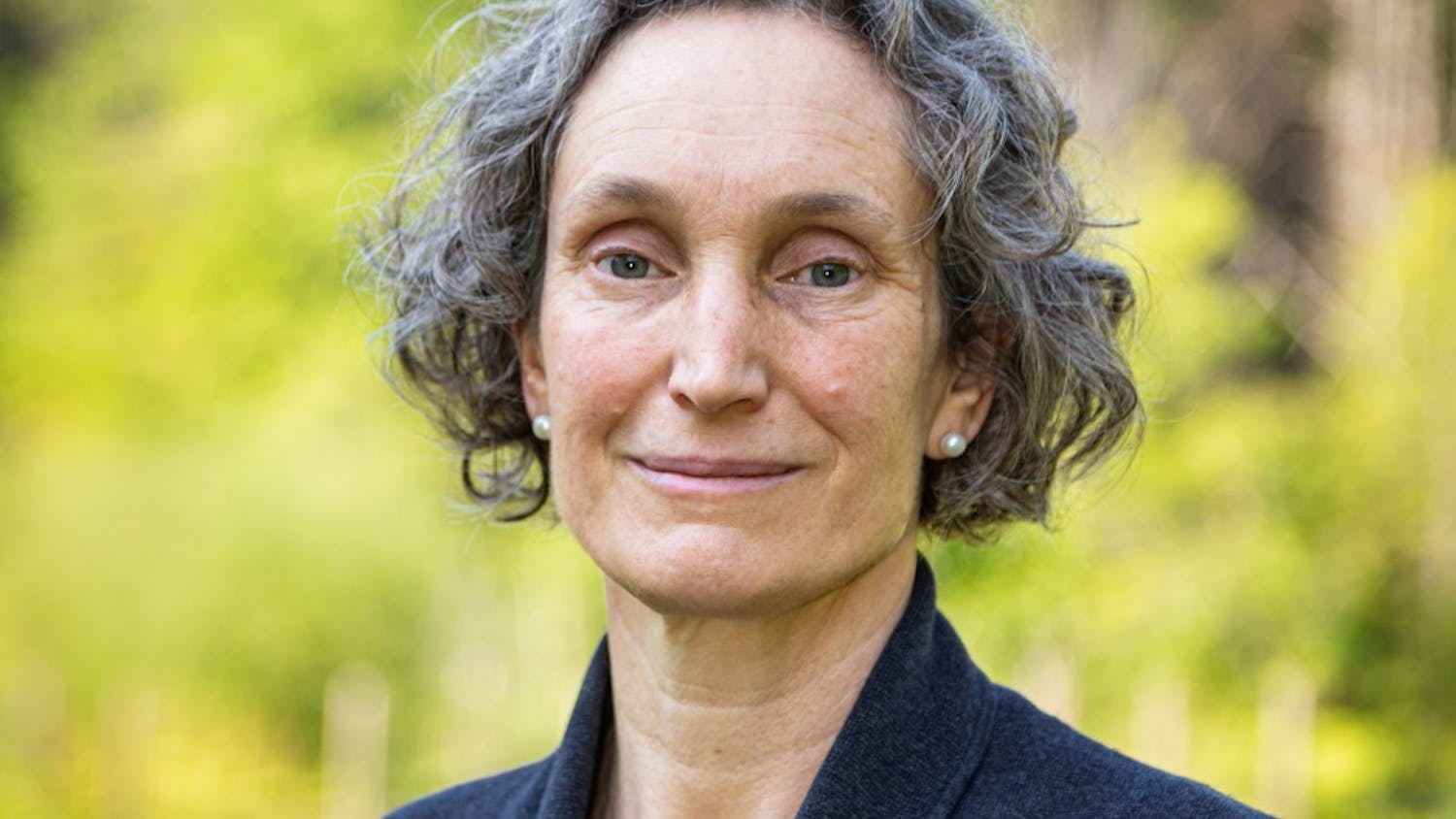On Sunday, Cory Booker, New Jersey senator and Democratic presidential candidate, visited Dartmouth for a campaign event at the Top of the Hop. Booker discussed issues such as criminal justice reform and gun violence, while also touching on the importance of unity and maintaining Democratic values in the 2020 election. Booker began his political career as a member of the Newark municipal council, and he rose to political prominence as mayor of that city. Since becoming a U.S. senator in 2017, Booker has been outspoken on issues such as gun control, prison reform, affirmative action and same-sex marriage. After his Sunday event, Booker spoke with The Dartmouth about issues facing young people.
What do you believe will be the largest issue facing the next generation? If elected, how would you approach it?
CB: I think the largest issue facing the next generation is the ability to bring this country together in common cause and common purpose. Because if we don’t have more unity in this country, as opposed to having just awful partisanship — or unnecessary partisanship, I should say — and tribalism, we’re never going to be able to mobilize to deal with climate change, public education, infrastructure. Necessary for all those things is for us to better understand that we have common cause together.
How would you strengthen social and economic mobility for young people?
CB: There’s a number of things, from making sure that we create wealth early on through our baby bonds legislation, which I hope people find out more about. We also need to make sure we have pathways to career success and that means affordable college. It means having apprenticeship programs, it means making sure that, whatever job you have, work pays. We are a nation right now where the minimum wage hasn’t kept up with productivity — it should be $15 an hour or more. We need to make sure that we are a country that lessens barriers to a successful life — whether it’s retirement security, healthcare, making sure that people who want to have kids can afford it — all these things are necessary for young people in the next generation to thrive.
A recently passed state law may restrict voting rights for many Dartmouth students in this coming election. If elected, how would you protect the right to vote?
CB: Well, I think that this is a real big problem in a lot of the country. You see Republican legislatures doing everything that they can to roll back people’s access to the polls. That’s unacceptable to me, so we’re going to work to reestablish the Voting Rights Act, and through Congress, we’re going have a deal with the Department of Justice that’s going to actually investigate and take on a lot of these people who are undermining free and fair access to the polls. I believe there is a concerted effort for people to deny access to voting rights in order to unjustly secure electoral victories, and that’s contrary to every ideal of our democracy. And so I’ll use every lever at my behest to stop the things that are being done to undermine people’s free and fair access to polls.
What would you tell a young person who fears that their children will be worse off than they are?
CB: To fight. To not concede to that potential. Every generation of Americans has faced dire challenges. We cannot allow it just to happen, we can’t surrender to cynicism about it happening. We have got to fight. This democracy has shown that it is very receptive to activism and engagement. That’s why I said in my remarks, if I’m your president, I’m not going to tell you I’m going to solve the problems, I’m going to demand that we solve our problems. I’m going to ask more from every American citizen than they’ve ever been asked for by a president before, because I know we need a lot more engagement to secure our democracy and advance this nation and make sure that the next generation is better than the one before — that our tomorrows are better than our yesterdays.
Is America exceptional?
CB: I mean, that’s just way too simplistic of a question in many ways, but of course America is exceptional. I’ve traveled all around planet Earth, and I’m so excited about this country — the diversity of this nation, the extraordinary things we’ve accomplished, from beating the Nazis, to putting someone on the moon, to advancing technologies and innovations, we are an extraordinary nation. But every generation should be committed to doing things that further affirm that exceptionality, because in some very important measures, we’re falling behind. We, of the industrial nations, have some of the highest child poverty rates. We lead in horrible health outcomes of developed nations. I can go through things from the epidemic of gun violence to the outrageously high number of people we incarcerate. These are things that are absolutely unacceptable, and so we need to do a lot more to work to make our nation be who we say we are, a nation of liberty and justice for all. But I have faith in us. I have faith that this generation of Americans and the ones coming right behind me can do things that the rest of humanity looks at and goes, “Wow, that’s not only exceptional, but it’s inspiring us to meet the American challenge and the American example.”
This interview has been edited for clarity.

Lauren ('23) is news executive editor for The Dartmouth. She is from Bethesda, Maryland, and plans to major in government and minor in public policy.




